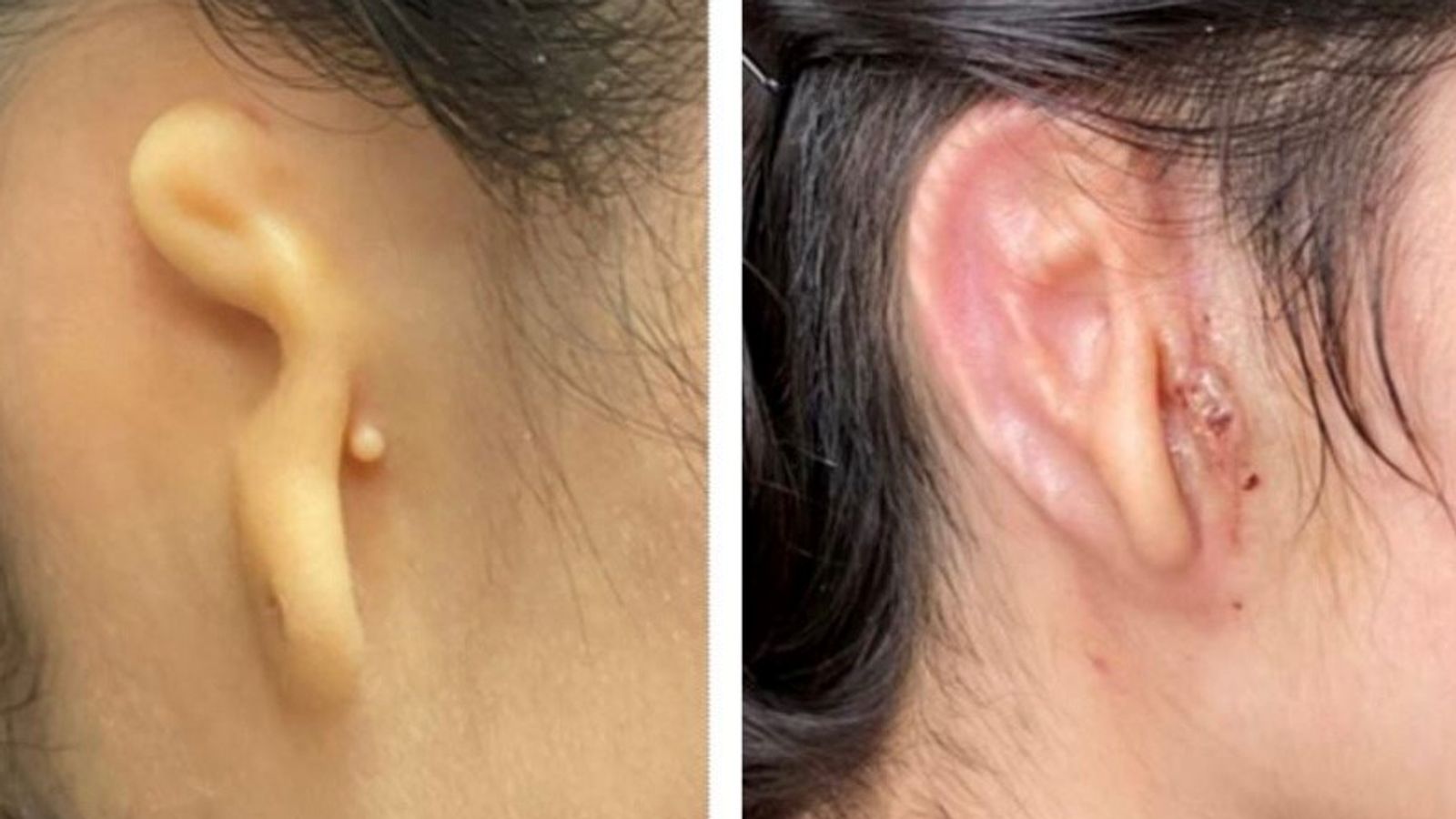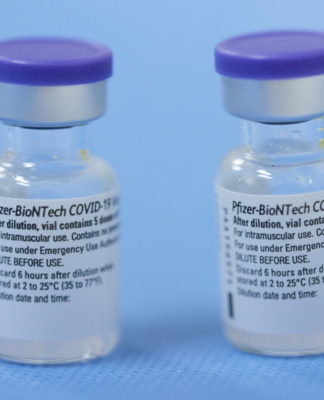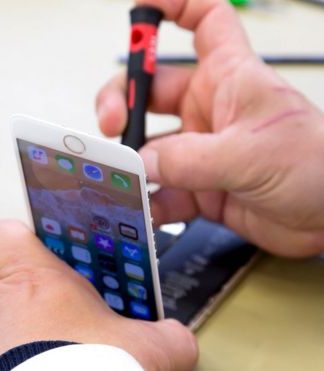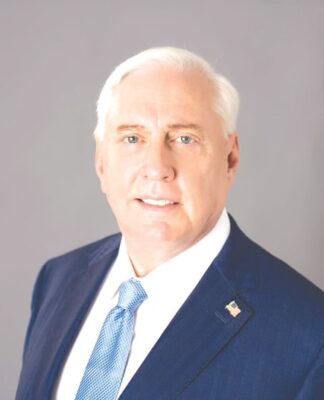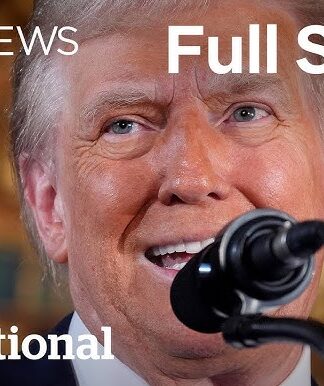Woman becomes first to get new 3D printed ear made from her own cells in ‘revolutionary’ transplant
A doctor removed half a gram of cartilage from the patient’s ear remnant and sent it to a laboratory along with a 3D scan of her healthy ear to be made into a 3D printed ear that was implanted under her skin.
Thursday 2 June 2022 14:28, UK
A 20-year-old woman has become the first person to undergo a successful ear transplant with 3D printed technology.
The patient, known only as Alexa from Mexico, was born with microtia, which is a rare birth defect that causes the external part of the ear to be small and misshapen and can also affect hearing.
Dr Arturo Bonilla, a paediatric ear reconstructive surgeon in San Antonio, performed the woman’s implant surgery by removing half of a gram of cartilage from her microtia ear remnant and then sending it to 3DBio Therapeutics in Long Island City, Queens, along with a 3D scan of her healthy ear.
At the facility, Alexa’s chondrocytes, which are cells responsible for cartilage formation, were isolated from the tissue sample and grown in a proprietary slurry of nutrients, turning them into billions of cells.
These were inserted into a specialised 3D bio-printer with a syringe and turned into a small oblong shape that was a mirror replica of the patient’s healthy ear.
The whole printing process took less than 10 minutes.
The printed ear shape was then sent back in cold storage to Dr Bonilla and he then implanted the ear under the skin just above Alexa’s jawline.
After the skin tightened around the implant, the shape of an ear was formed.
Alexa said she started to become more self-conscious about her appearance when she became a teenager and would try to cover her ear by wearing her hair long and loose.
However, she said the transplant meant she could start wearing her hair up in a ponytail or bun.
The 20-year-old said: “You care a little more for your image when you’re a teenager. Some people said things that were not thoughtful, and it started bothering me.
“I think my self-esteem will go up.”
Dr Bonilla said: “This is so exciting, sometimes I have to temper myself a little bit.
“If everything goes as planned, this will revolutionise the way this is done.”














